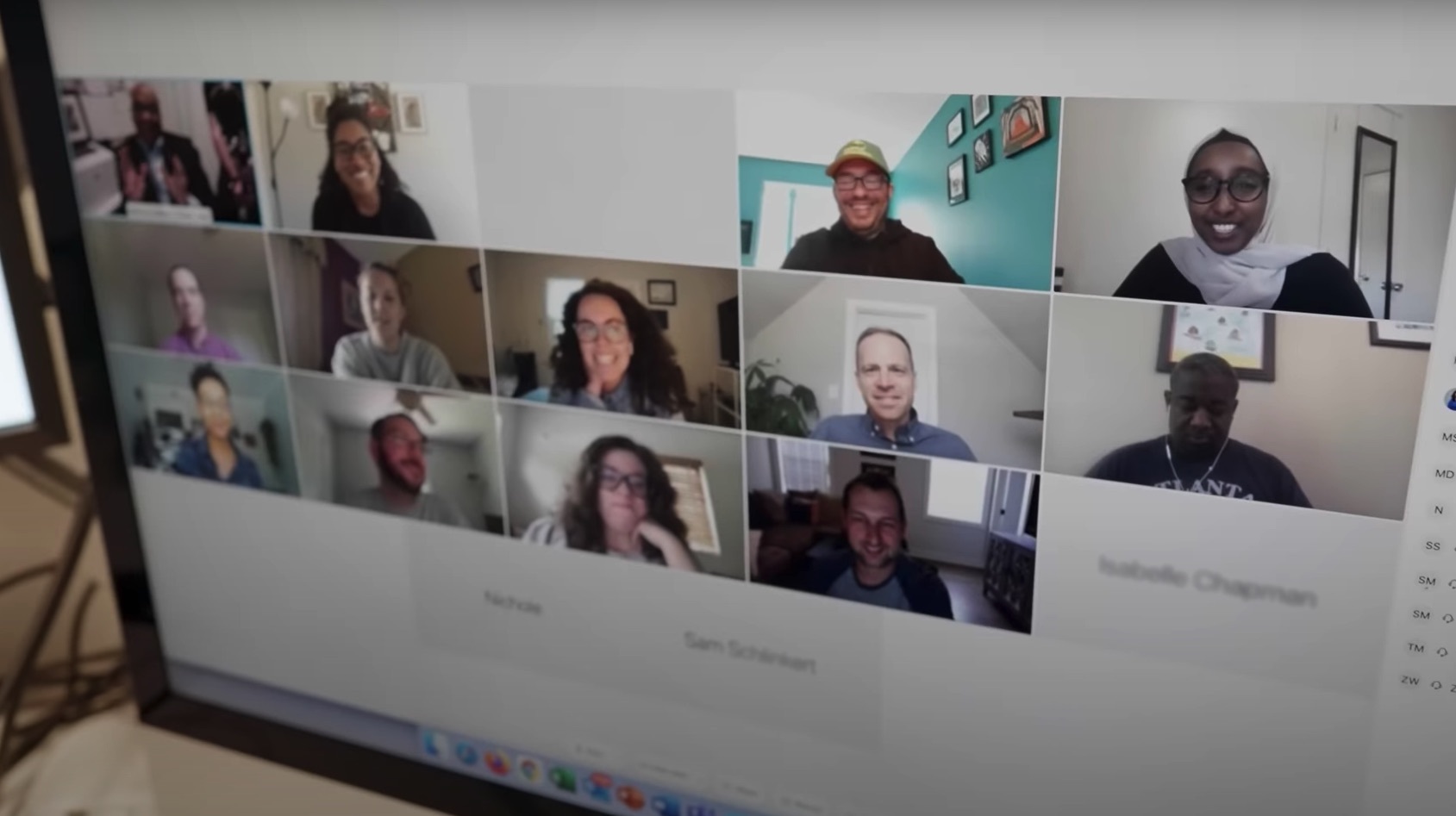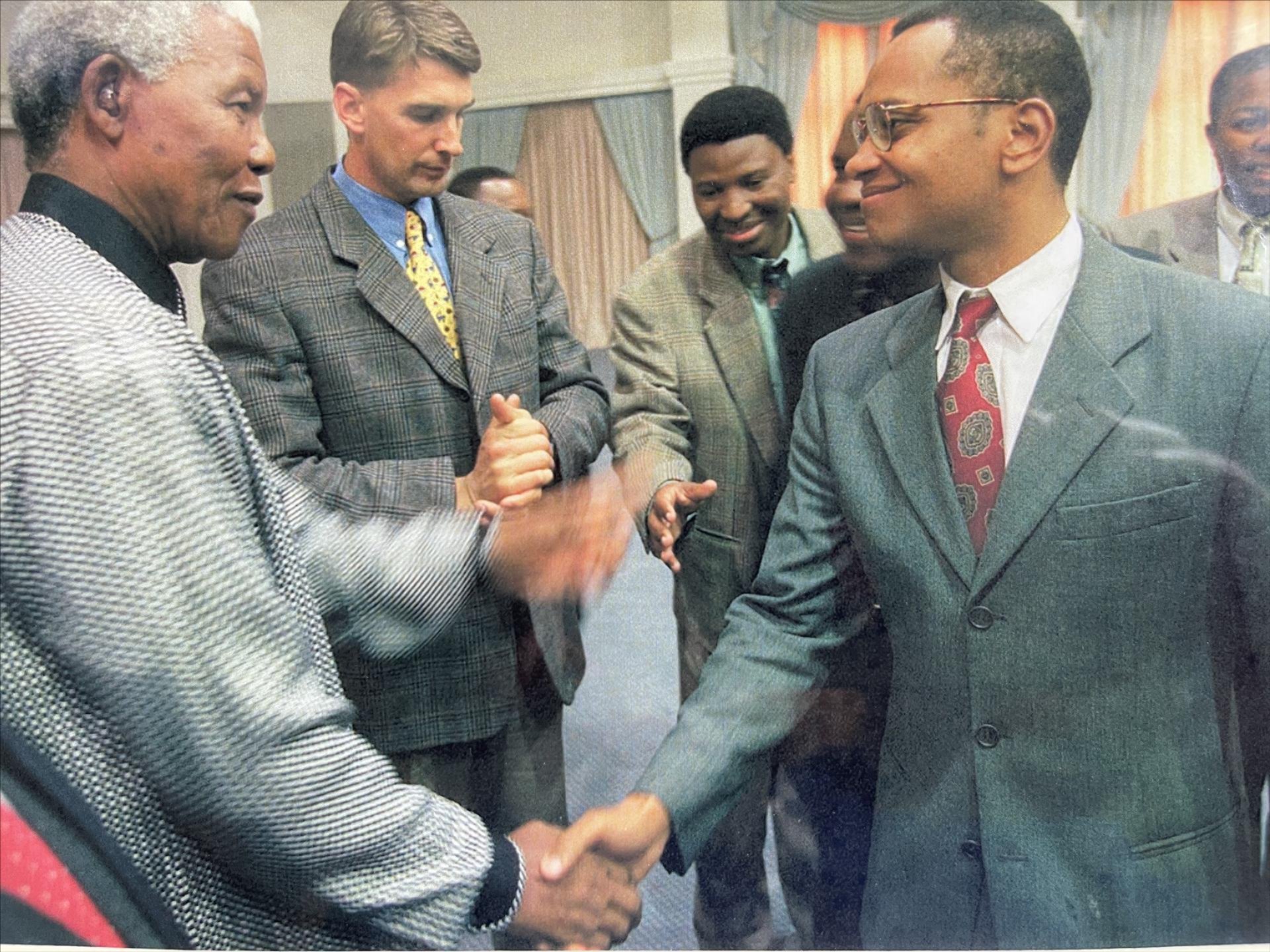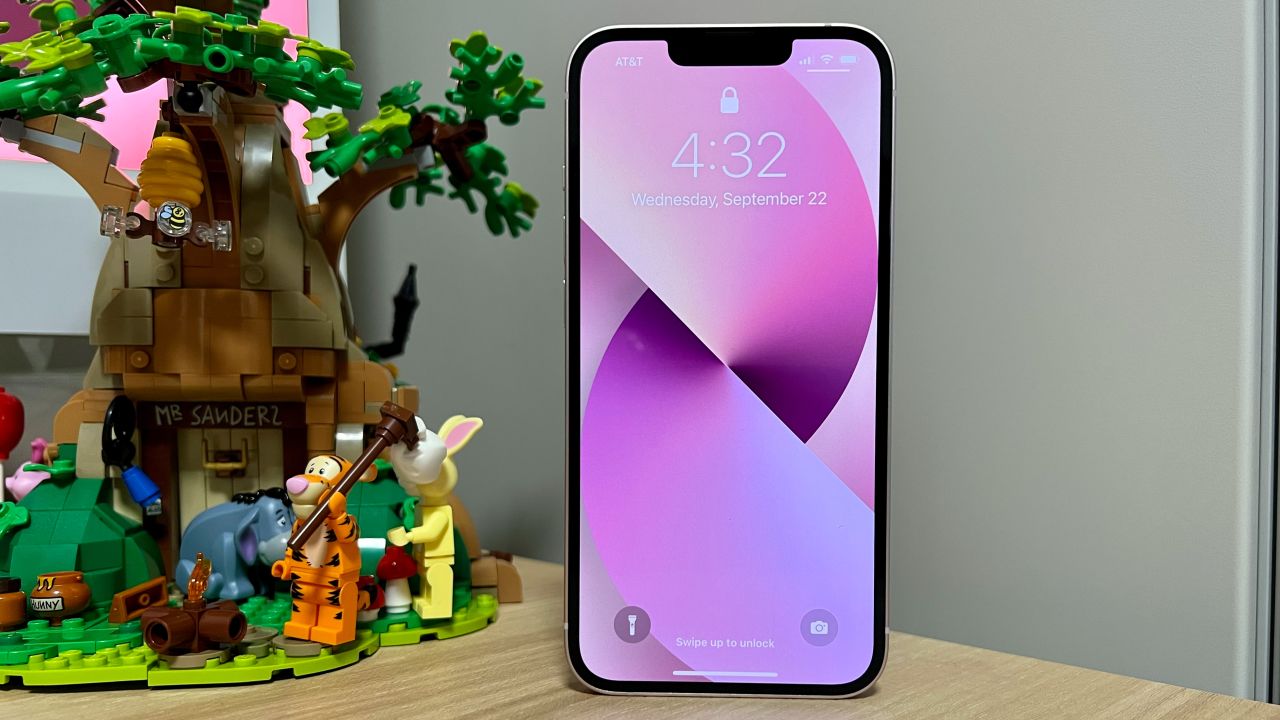How (and why) CNN stories get to your devices
 An exclusive inside look with your free CNN account 📱 news judgment, analytics and debate help determine what you see on CNN Digital Marcus Mabry is the senior vice president of content strategy and global programming for CNN Digital Worldwide. CNN's Marcus Mabry and his team around the world are responsible for programming the CNN Digital content you read, watch and interact with daily, no matter where you find it. Whether it be on the CNN homepage, on TikTok or on Apple News, odds are someone from Mabry's Global Programming team strategically placed it there.
Mabry came to CNN in 2016 after working as a foreign correspondent and editor and chief of correspondents at Newsweek, international business editor and national political editor and editor-at-large for The New York Times and North American editor for Twitter Moments.
He spoke with Inside CNN about his team, how CNN stays competitive and how he built a career in journalism from humble origins. Here are excerpts from our conversation:
Can you describe what your team does at CNN? My title is senior vice president of content strategy and global programming for CNN Digital. What that means is I lead the team that programs or curates CNN's 300-400 URLs a day on our owned and operated platforms. That includes the team that programs CNN's mobile web homepage, desktop homepage and mobile app, as well as the team that posts on social media and third-party aggregators. That would include places like Facebook, Twitter, Google News and Apple News. We also send out breaking news alerts to users' phones.
The other piece of that job is figuring out what we should be covering and where we should be distributing it and programming it. What users may not realize is that there is a strategy behind everything we do.
Number one is news judgment. There's a hierarchy to the stories you see on the CNN homepage, for example. The most important story is usually the top story. But then there's also a mix of stories. Stories that aren't massively important – capital "I" important – but stories that are likely to engage audiences and make their day, in some way, more fulfilling. You want to make sure that people come to CNN for both what they need, and also for what they want.  Mabry, upper left, meets with members of his global programming team via Webex How do you know when readers are enjoying a story or are finding it meaningful in some way? Since we pay attention to the metrics 24/7, we have the metrics in front of us. We actually know how many people are on each story on our owned and operated platforms at any given minute, and often on some of our third-party platforms as well – like Apple News – we know how many users are on a story and how long they're engaging with a story. We can make short-term tweaks to see if we can improve engagement, for example if we move a story higher in the CNN app, add an image to the story or put it out on our social media channels.
We also do hundreds, literally hundreds, of headline tests every single day. We'll test multiple headlines on one story, and we'll see which headline gets the most interaction. We know, from our analytics, which stories are resonating. So someone clicked on it, but they also stayed with the story and read the full piece once they got there. If they click the headline and are like "Oh! I've been duped," they leave the story quickly. But number one, first and foremost, is our news judgment.
We have a massively diverse team. That diversity leads to really rich debate about what deserves to be on the homepage when, and for how long. What stories should we be covering and not covering? We also will suggest stories to all of our fellow journalists on CNN Digital and even on the television side. As a network, we all gain from that diversity of perspective. It doesn't matter what your level is – whether you're a senior vice president or if you're an associate producer. It's important to me that all of us have a voice.
How did you get your start in news? I fell into journalism. I was going to go to Yale Law School, but deferred it to work for a year after undergrad and my graduate degree. I come from a very poor family in Trenton, New Jersey, so I was working to save money to support my family. After a year – I was working for Newsweek at the time – I called Yale and gave up my spot. Journalism was very fun. It wasn't work. It was a profession for me and a calling.  Nelson Mandela and Mabry on May 10, 1999. Photo credit: Odd Andersen I was at Newsweek in New York for about a year and half, then in Washington for two years and then I was in France. I covered French elections. I had my first experience as a war correspondent covering the war in the Balkans, Sarajevo and Bosnia. And then I went to South Africa. I was South Africa bureau chief for Newsweek covering the whole continent. I covered Nelson Mandela for most of his presidency.
So for a poor Black kid from Trenton, it's kind of an extraordinary experience to be able to bring the world to the world. Not many people from where I came from arrive here and get to have this kind of input in what the world sees, reads and hears. It's a privilege -- and an enormous responsibility. And one my team and everyone at CNN takes enormously seriously.
💳 CNN insider rec of the week Brought to you by CNN Underscored Smartphones are at the center of our digital lives. And since you'll likely use your phone more than any other gadget you own, picking the right one to last you through years of use is crucial. Underscored tested all of the top ones to help you make the right call. Here are the ones we found to be the best.
📢 before you go 📖 Read: An engraved money clip. A pulse oximeter. A child's drawings. As the US approaches 1 million Covid-19 deaths, CNN asked people to talk about the items their loved ones left behind. Here's some of what they shared.
🎧 Listen: We also asked the CNN audience about their thoughts on abortion laws in the United States, after Politico recently reported on a draft Supreme Court majority opinion that would strike down Roe v. Wade. Here's a sampling of what we heard from people on both sides of the issue.
🚂 Explore: CNN Travel showcases 10 of the world's most incredible rail journeys as part of "Monthly Ticket," a new series that spotlights some of the most fascinating topics in the travel world.
✉️ talk to us Who or what would you like to see spotlighted next? Send your thoughts to insidecnn@cnn.com. We look forward to hearing from you.
- Written and edited by Beryl Adcock, Tricia Escobedo and Jessica Sooknanan INSIDE CNN An exclusive inside look with your free CNN account You are receiving this newsletter because you're subscribed to Inside CNN.
No longer want to receive this newsletter? Unsubscribe. Interested in more? See all of our newsletters.
Create CNN Account | Listen to CNN Audio | Download the CNN App
® © 2022 Cable News Network, Inc. A Warner Bros. Discovery Company. All Rights Reserved. One CNN Center Atlanta, GA 30303
|



